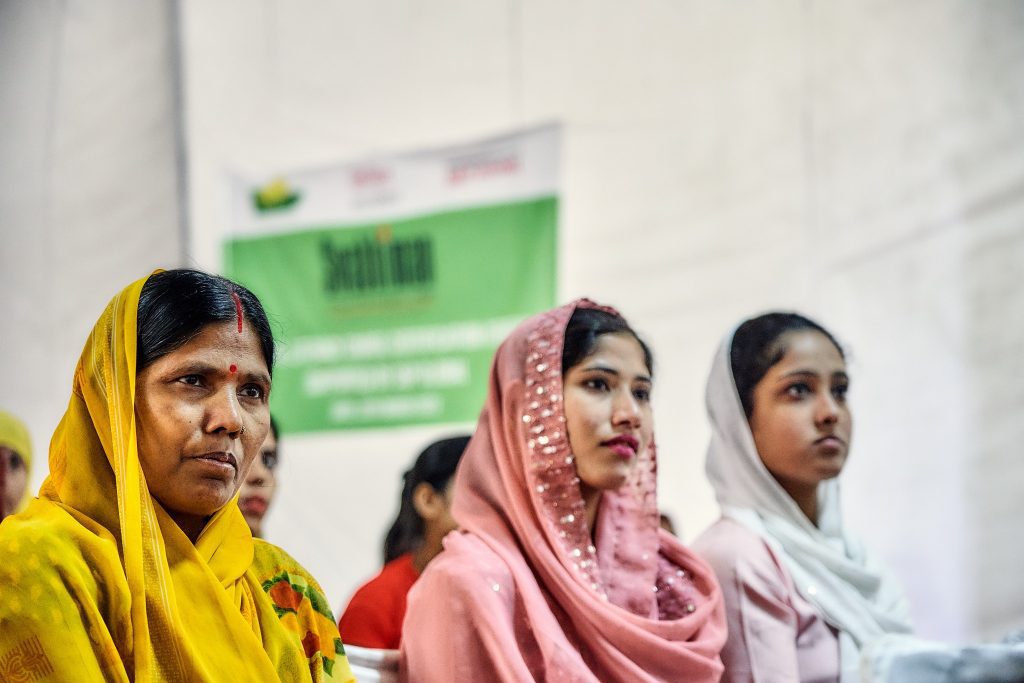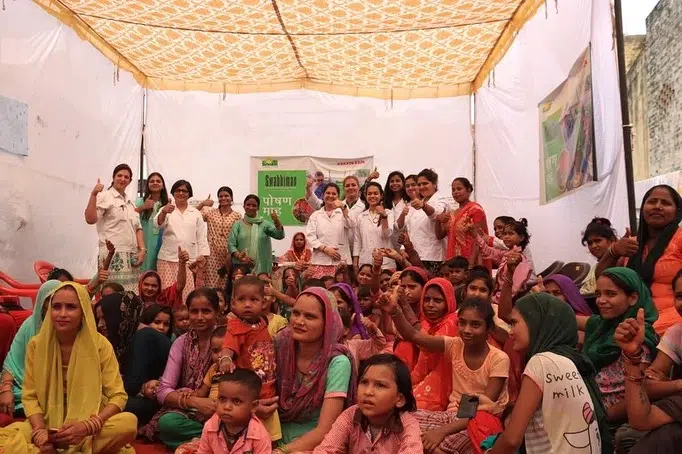India has a rich history that has shaped its legal landscape over centuries. Throughout this journey, the legal system has evolved to reflect the changing social and cultural dynamics of the nation. However, despite considerable progress, women have historically faced significant disadvantages under the law.
Discriminatory and harmful laws have persisted, perpetuating inequality and injustice. In response, a movement advocating for legal reform has gained momentum. It strives to ensure fairness and equality for women across India. While significant strides have been made, there remains a substantial amount of work ahead. This blog provides a comprehensive overview of the legal rights of women in India and the laws in place to protect them.
Rights of Women in India
- Right to Maintenance: The Hindu Marriage Act, 1955, and the Protection of Women from Domestic Violence Act, 2005, guarantee the right to maintenance for married women. This right ensures that every married woman has the legal entitlement to financial support from her husband, even if they are not living together. Section 24 of the Hindu Marriage Act allows either the wife or husband to seek monetary assistance if they lack the means to support themselves.
- Right to Equal Pay: The Equal Remuneration Act of 1976 mandates equal pay for equal work. This legislation prohibits gender-based discrimination in remuneration and ensures that both male and female workers receive fair compensation for similar roles or tasks.
- Right to Dignity and Decency: Article 21 of the Constitution guarantees every citizen, including women, the right to life and dignity. Various legal provisions, such as Section 354A of the Indian Penal Code and the Sexual Harassment of Women at Workplace Act, 2013, aim to protect women from harassment and violence, both in public spaces and workplaces.
- Right against Domestic Violence: The Protection of Women from Domestic Violence Act, 2005, provides comprehensive protection to women facing domestic abuse. Section 12 of this act allows women to seek legal recourse against perpetrators of domestic violence, ensuring their safety and well-being.
- Rights at Workplace: Women have the right to a safe and discrimination-free work environment. Legislations like the Equal Remuneration Act of 1975, the Maternity Benefit Act of 1961, and the Sexual Harassment of Women at Workplace Act of 2013 safeguard women’s rights in employment and ensure their well-being.
- Right against Dowry: The Dowry Prohibition Act of 1961 prohibits the practice of dowry, aiming to eliminate dowry-related harassment and abuse against women. This act ensures that women are not subjected to undue financial burdens or mistreatment in marital relationships.
- Right to Free Legal Aid: The Legal Services Authorities Act of 1987 guarantees women access to free legal assistance when they are unable to afford it. This right ensures that women can seek legal redress and representation without financial constraints.
- Right to Self-Defense: Section 100 of the Indian Penal Code grants every individual, including women, the right to self-defense against violence or assault.
Without fear
While India has made significant progress in safeguarding women rights through legislative measures, challenges persist in their effective implementation. Issues such as lack of awareness, cultural norms and weak enforcement mechanisms continue to hinder the full realisation of women rights. It is important to address these obstacles and work towards creating a society where every woman can exercise her rights without fear of violence or discrimination. Only through sustained efforts like Smile Foundation‘s can India truly achieve gender equality and justice for all its citizens.









